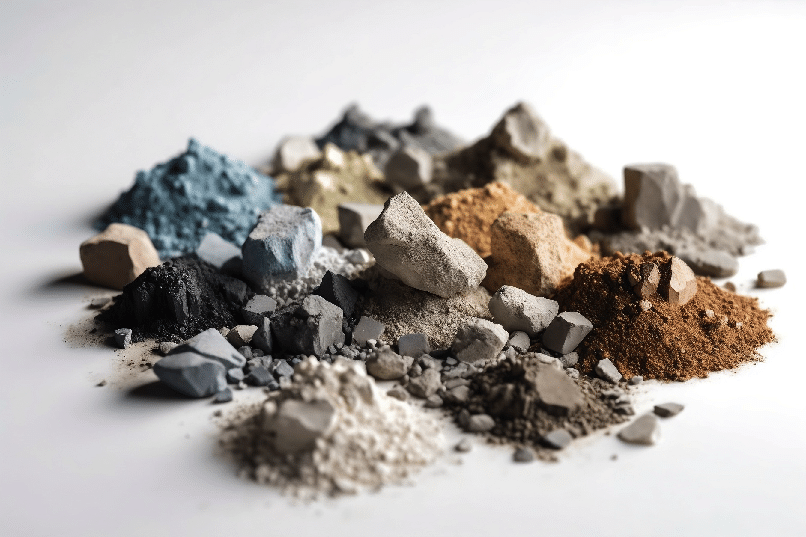New tech start-ups are working hard to change how rare earths are refined, focusing on making this process better for the environment. This is important for the clean energy future and could help Western countries play a bigger role in an industry essential for lots of electronic devices.
Traditionally, refining rare earths—a group of 17 metals critical in manufacturing most modern tech including magnets for electric vehicles, cell phones, and other electronics—has been dominated by a costly and environmentally taxing process known as solvent extraction. China, which embarked on mastering this process over 30 years ago, now holds 87% of the global refining capacity. Now, Western companies are thinking of new, faster, cleaner, and cheaper ways to do this.
These new methods, if successful by 2025, could mean less reliance on China’s technology and its harmful by-products. They could also allow Western companies to ask for higher prices for these important minerals.
Shifting Dynamics: Western Innovations in Rare Earths Processing
Companies like Ucore Rare Metals are moving forward with big plans. Ucore aims to process rare earths by mid-2025 using a technology known as RapidSX, that says is at least three times faster than solvent extraction, produces no hazardous chemical waste, and requires only a third of the physical space.
Ucore’s goal is to create a new supply chain for these metals in North America. Originally a mining company, Ucore shifted its focus to refining. It’s now planning to work with different mining companies to refine rare earths in a more efficient way.
Meanwhile, Rainbow Rare Earths in South Africa is working with a partner on a new refining process. This technology, developed by their partner K-Technologies based in Florida, employs a process called continuous ion exchange. This method is already in use by several lithium production companies.
Some startups, like Aether, are developing cutting-edge technology to improve how these metals are extracted. It takes a nanotechnology-based approach that utilizes specially programmed proteins to selectively attach to and extract rare earth metals from ore deposits.
REEtec, a private company in Norway, claims that its unique refining method produces 90% less carbon dioxide compared to the usual solvent extraction process. They expect this process to be up and running by the end of 2024.
Meanwhile, another private firm, Phoenix Tailings, started refining small quantities of rare earths in Massachusetts earlier this year. Their process, they say, does not create any emissions or waste.
The need for new methods is urgent, especially after China reduced exports of some key metals. This has made people worry that rare earths might be next. This concern has led to calls for Western countries to develop their own rare earth processing centers.
